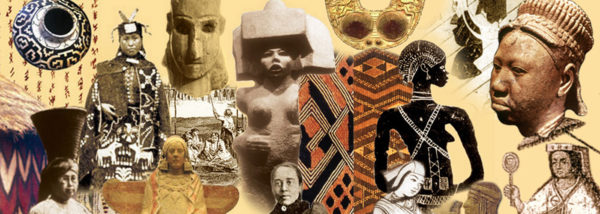
Herbal mysteries were the province of the Old English lybbestre and Old German luppararā, “female healer.” These words for healing witch- es descend from lyb and luppa, which both mean “vitality,” “medicine.” It designates “medicine” both in the sense of curative herbs or powders, and as something animated by sacred power. Lyb is related to the word “life” itself. The Anglo-Saxon verb libban (lybban) means “to live, be, exist.”
The Icelandic cognate lyf could mean either a healing plant, or some other spirit power.92 Modern explanations define lib / lyb as “something medicinal and potent, a harmful or powerful drug, φάρμακον.” There is a special irony to translators’ using the word “drug,” and even “poison,” rather than “medi- cine,” to translate lyb,93 which meant “life.” The negative charge laid on these heathen terms dies very hard.
So lybbestre translates as “woman who works with life-force,” or “medicine-woman.” Many spiritual concepts of the Anglo-Saxons sprang from the etymological matrix of lyb. Lyfja meant “to heal.” Lybcræft was the wisdom of witch-herbalists, who supplemented their pharmacological knowledge with transformative and protective magic. Cognate words existed in Old German: lupperie “medicine, healing,” lüppærinne, “sorceress” and, later, lublerin, “female healer.”
[Click on audio stream above to hear the whole thing.]
